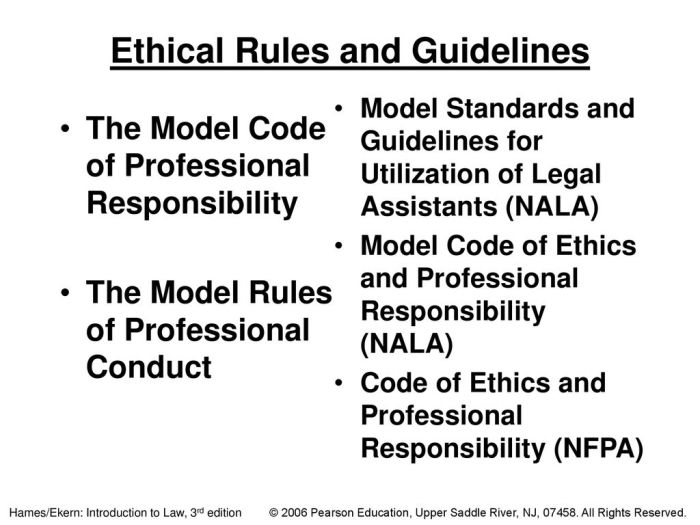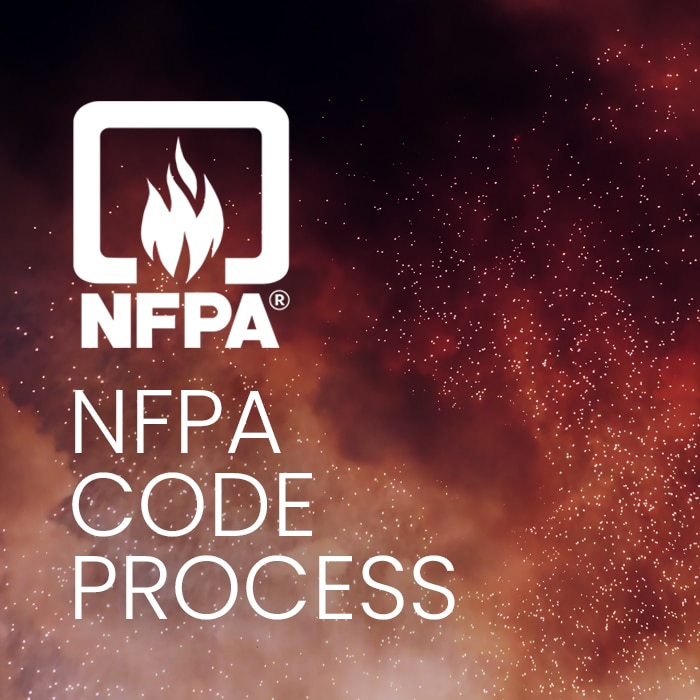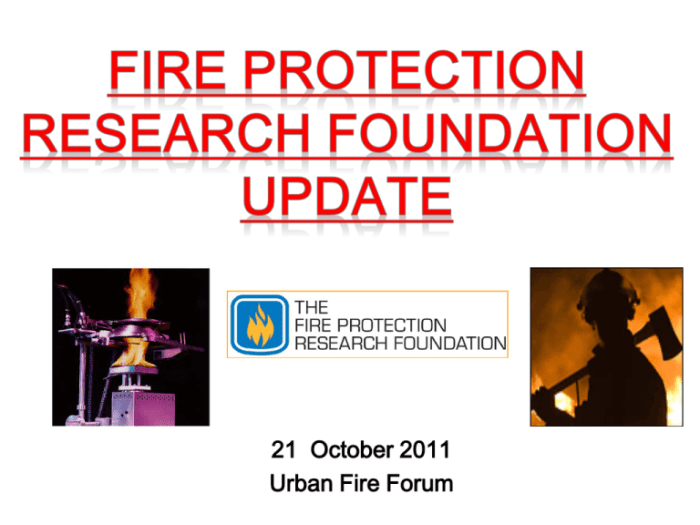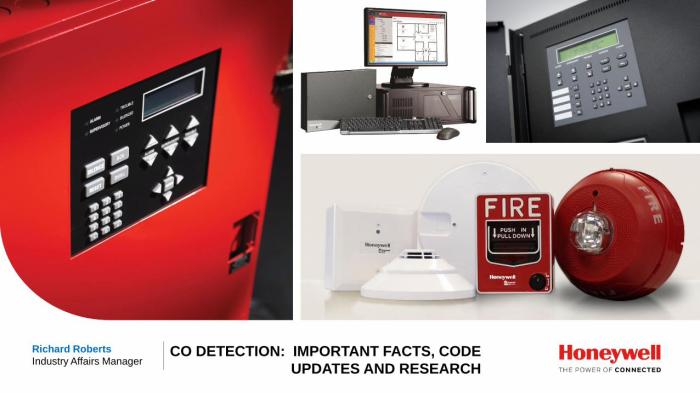The NFPA Model Code of Ethics sets the ethical standards and values that guide firefighters and emergency responders in their professional conduct and responsibilities. These principles are essential for maintaining the integrity, accountability, and trust that are the foundation of the fire service.
This code provides guidance on ethical behavior, including maintaining integrity, respecting diversity, avoiding conflicts of interest, and ensuring accountability and transparency. It also emphasizes the importance of continuous education and training to enhance professional knowledge and skills.
Code of Ethics Overview
The NFPA Model Code of Ethics provides a framework for ethical conduct and decision-making for firefighters and emergency responders. It establishes a set of core principles and values that guide their actions and ensure they serve their communities with integrity and professionalism.
These ethical principles include:
- Courage
- Integrity
- Respect
- Fairness
- Accountability
By adhering to these principles, firefighters and emergency responders build trust with the public and ensure they are always acting in the best interests of those they serve.
Courage, Nfpa model code of ethics
Courage is the willingness to face danger and adversity without hesitation. Firefighters and emergency responders must be courageous in order to effectively protect their communities. They must be willing to put themselves in harm’s way to save lives and property.
Integrity
Integrity is the quality of being honest and ethical. Firefighters and emergency responders must be honest in their dealings with the public and their colleagues. They must also be ethical in their decision-making, always putting the needs of others first.
Respect
Respect is the quality of treating others with dignity and consideration. Firefighters and emergency responders must respect the rights and dignity of all people, regardless of their race, religion, gender, or sexual orientation. They must also respect the property of others.
Fairness
Fairness is the quality of treating others impartially and justly. Firefighters and emergency responders must be fair in their dealings with the public and their colleagues. They must not discriminate against anyone based on their race, religion, gender, or sexual orientation.
Accountability
Accountability is the quality of being responsible for one’s actions. Firefighters and emergency responders must be accountable for their actions to the public and their colleagues. They must be willing to accept responsibility for their mistakes and learn from them.
Professional Conduct and Responsibilities

Professional conduct and responsibilities are essential for firefighters and emergency responders to maintain public trust and confidence. They are expected to uphold ethical standards and values that align with their roles and responsibilities.
Maintaining integrity, confidentiality, and accountability are crucial aspects of professional conduct. Integrity refers to honesty, truthfulness, and ethical behavior, while confidentiality involves respecting the privacy and sensitive information of individuals.
Ethical Behaviors Expected of Firefighters and Emergency Responders
- Treating individuals with respect and compassion, regardless of their background or circumstances.
- Adhering to laws, regulations, and ethical guidelines.
- Avoiding conflicts of interest and personal gain.
- Reporting unethical or illegal behavior within the department or organization.
- Maintaining confidentiality of sensitive information obtained during emergencies or investigations.
Importance of Maintaining Integrity, Confidentiality, and Accountability
Maintaining integrity, confidentiality, and accountability is vital for several reasons:
- Public Trust:Ethical behavior fosters public trust and confidence in firefighters and emergency responders.
- Accountability:It ensures that individuals are held accountable for their actions and decisions.
- Confidentiality:Respecting privacy protects individuals’ sensitive information and maintains trust.
- Teamwork:Ethical conduct promotes a positive and collaborative work environment within the department or organization.
- Professionalism:It upholds the professional image and reputation of firefighters and emergency responders.
Respect and Inclusivity

The fire service is committed to treating all individuals with respect and dignity, regardless of their race, gender, sexual orientation, religion, or any other characteristic. This ethical obligation extends to both our interactions with the public and with our fellow firefighters.
Diversity, equity, and inclusion are essential to the fire service. A diverse workforce brings a wider range of perspectives and experiences to the table, which can help us better serve our communities. Equity ensures that all firefighters have the same opportunities to succeed, regardless of their background.
And inclusion creates a welcoming and supportive environment where everyone feels valued and respected.
Diversity
Diversity in the fire service means having a workforce that reflects the communities we serve. This includes firefighters from all racial and ethnic backgrounds, genders, sexual orientations, religions, and socioeconomic statuses.
- Benefits of diversity in the fire service:
- Improved public trust and confidence
- Enhanced problem-solving and decision-making
- Increased creativity and innovation
- Reduced discrimination and harassment
Equity
Equity in the fire service means ensuring that all firefighters have the same opportunities to succeed, regardless of their background. This includes providing equal access to training, promotion, and other opportunities for professional development.
- Benefits of equity in the fire service:
- Increased job satisfaction and retention
- Reduced turnover and absenteeism
- Improved morale and esprit de corps
- Enhanced public safety
Inclusion
Inclusion in the fire service means creating a welcoming and supportive environment where everyone feels valued and respected. This includes respecting different cultures, perspectives, and experiences, and making sure that everyone has a voice.
- Benefits of inclusion in the fire service:
- Improved communication and collaboration
- Increased trust and teamwork
- Reduced conflict and harassment
- Enhanced public safety
Conflict of Interest and Bribery

Maintaining ethical conduct in the workplace requires avoiding conflicts of interest and the appearance of impropriety. This means being transparent about any potential conflicts and taking steps to avoid situations where personal interests could influence professional judgment.
It is also unethical to accept gifts or favors from external parties that could compromise impartiality or create the perception of bias. Accepting such favors can undermine trust and damage the reputation of the profession.
Identifying Conflicts of Interest
- Disclose any financial or personal relationships that could potentially influence professional decisions.
- Avoid situations where personal gain or the interests of others could compromise objectivity.
- Seek guidance from supervisors or colleagues if there is any uncertainty about a potential conflict of interest.
Avoiding Bribery
- Never accept or offer bribes, regardless of their value or the perceived benefit.
- Report any attempts at bribery to the appropriate authorities.
- Maintain a professional and ethical stance, even in situations where pressure is applied.
Accountability and Transparency

In the field of engineering, accountability and transparency are crucial ethical principles that ensure the integrity and credibility of our work.
The NFPA Model Code of Ethics is a valuable resource for anyone working in the fire protection industry. It provides guidance on ethical behavior in all aspects of fire protection, from design and installation to inspection and maintenance. For example, if you’re wondering whether container A holds 717 ml ( container a holds 717 ml ), the NFPA Model Code of Ethics can help you determine the appropriate course of action.
By following the ethical principles outlined in the code, you can help ensure the safety of the public and protect property from fire.
Accountability implies taking responsibility for our actions and decisions. As engineers, we must recognize the impact our work has on society and the environment. We must be willing to own up to our mistakes and take steps to correct them.
Transparency
Transparency, on the other hand, involves being open and honest about our processes and decisions. We must provide clear and concise information about our work to the public, stakeholders, and regulatory bodies. This helps build trust and confidence in our profession.
Education and Training

Firefighters and emergency responders have an ethical obligation to continuously develop their professional knowledge and skills to ensure they can perform their duties effectively and safely. This includes staying up-to-date on the latest advancements in firefighting techniques, emergency medical services, and hazardous materials handling.
Numerous training programs and resources are available to firefighters and emergency responders, including:
- Firefighter training academies:These academies provide basic training for new firefighters, covering topics such as fire suppression, rescue techniques, and hazardous materials handling.
- Continuing education courses:These courses are offered by fire departments, colleges, and universities, and cover a wide range of topics, including advanced firefighting techniques, emergency medical services, and incident management.
- Online training programs:These programs offer a convenient and flexible way for firefighters and emergency responders to complete training at their own pace.
- Conferences and workshops:These events provide opportunities for firefighters and emergency responders to learn about new developments in the field and network with other professionals.
Enforcement and Discipline: Nfpa Model Code Of Ethics
The NFPA Model Code of Ethics establishes a framework for enforcing ethical standards and addressing violations. This process involves investigating complaints, determining appropriate disciplinary actions, and ensuring compliance with the Code.
Potential consequences of ethical violations may include:
- Formal reprimands
- Suspension or expulsion from professional organizations
- Loss of certification or licensure
- Legal penalties in severe cases
FAQ Summary
What are the key principles of the NFPA Model Code of Ethics?
Integrity, accountability, respect, diversity, and professionalism.
How does the code address conflicts of interest?
Firefighters and emergency responders must avoid situations where their personal interests could compromise their professional responsibilities.
What is the importance of transparency and accountability in the fire service?
Transparency and accountability ensure that firefighters and emergency responders are held to the highest ethical standards and are answerable for their actions.